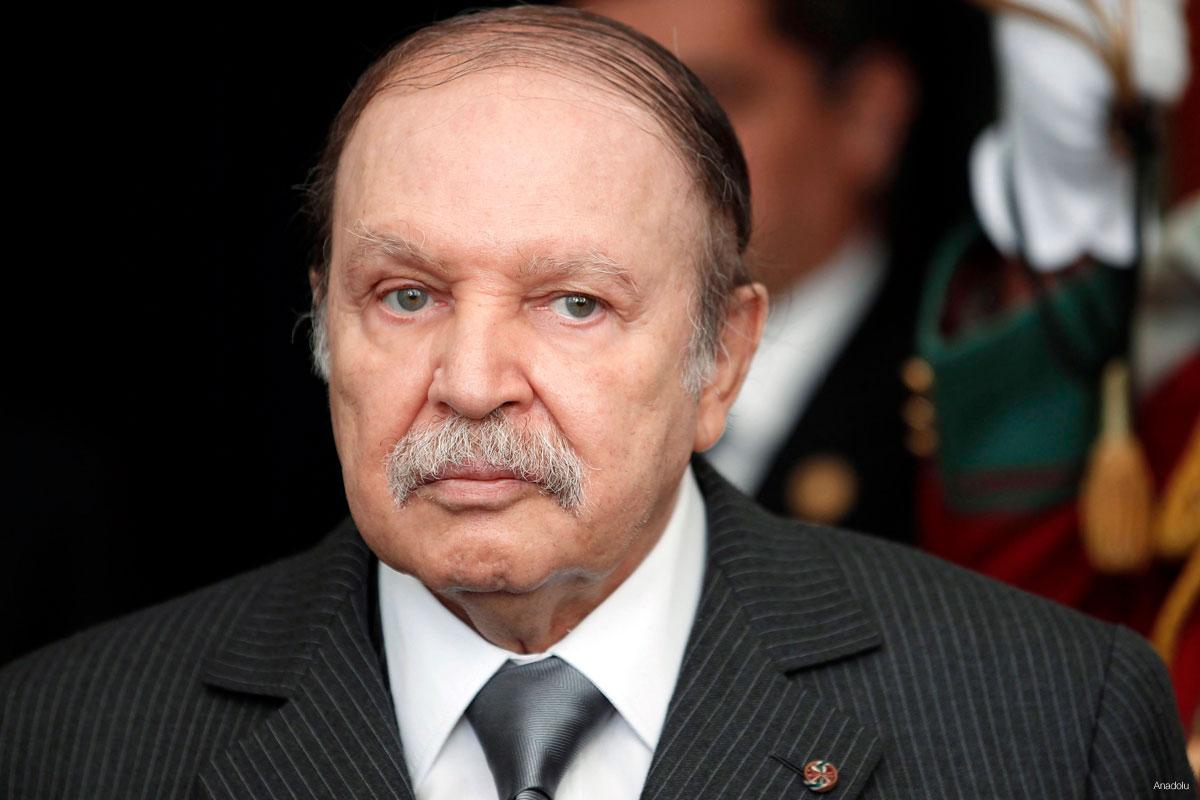
Algerian leader says he will ‘not serve full term’ if re-elected
Algerian President Abdelaziz Bouteflika has confirmed that he will be a part of the upcoming elections in April, prompting a fresh round of protests against the incumbent leader’s rule.

Bouteflika’s statement was his first since protests broke out 10 days ago, the biggest in Algeria since the 2011 Arab Spring uprisings that unseated rulers in neighbouring countries.
In a sign of a disconnect from the mostly young population, almost 70 percent of whom are aged below 30, he communicated via letter, as he has since suffering a stroke in 2013.
Tens of thousands of protesters had been rallying in cities around Algeria, calling on Bouteflika not to submit election papers for the April 18 polls, the deadline for which was Sunday.
Zaalane arrived to submit the documents on Sunday evening, but there was no sign of Bouteflika, who Swiss television said remained at a hospital in Geneva.
“I listened and heard the passionate call from the protesters, especially the thousands of young people,” Bouteflika wrote, repeating a pledge to hold a referendum on constitutional reform.
Just before Bouteflika’s announcement, the head of the election commission, Abdelwahab Derbal, said all candidates must submit their candidacy papers in person. If applied, that would mean Bouteflika could not run.
Bouteflika’s opponents say he is no longer fit to lead, citing his health and what they call chronic corruption and a lack of economic reforms to tackle high unemployment, which exceeds 25 percent among people under 30.
Analysts say the protesters lack leadership and organization in a country still dominated by veterans of the 1954-1962 independence war against France, including Bouteflika.
But traditionally weak and divided opposition and civic groups have called for protests to go on should Bouteflika continue to pursue re-election.
The government has played on fears among many Algerians of a return of bloodshed seen in the 1990s, when an estimated 200,000 people were killed after Islamists took up arms when the military cancelled elections they were poised to win.






